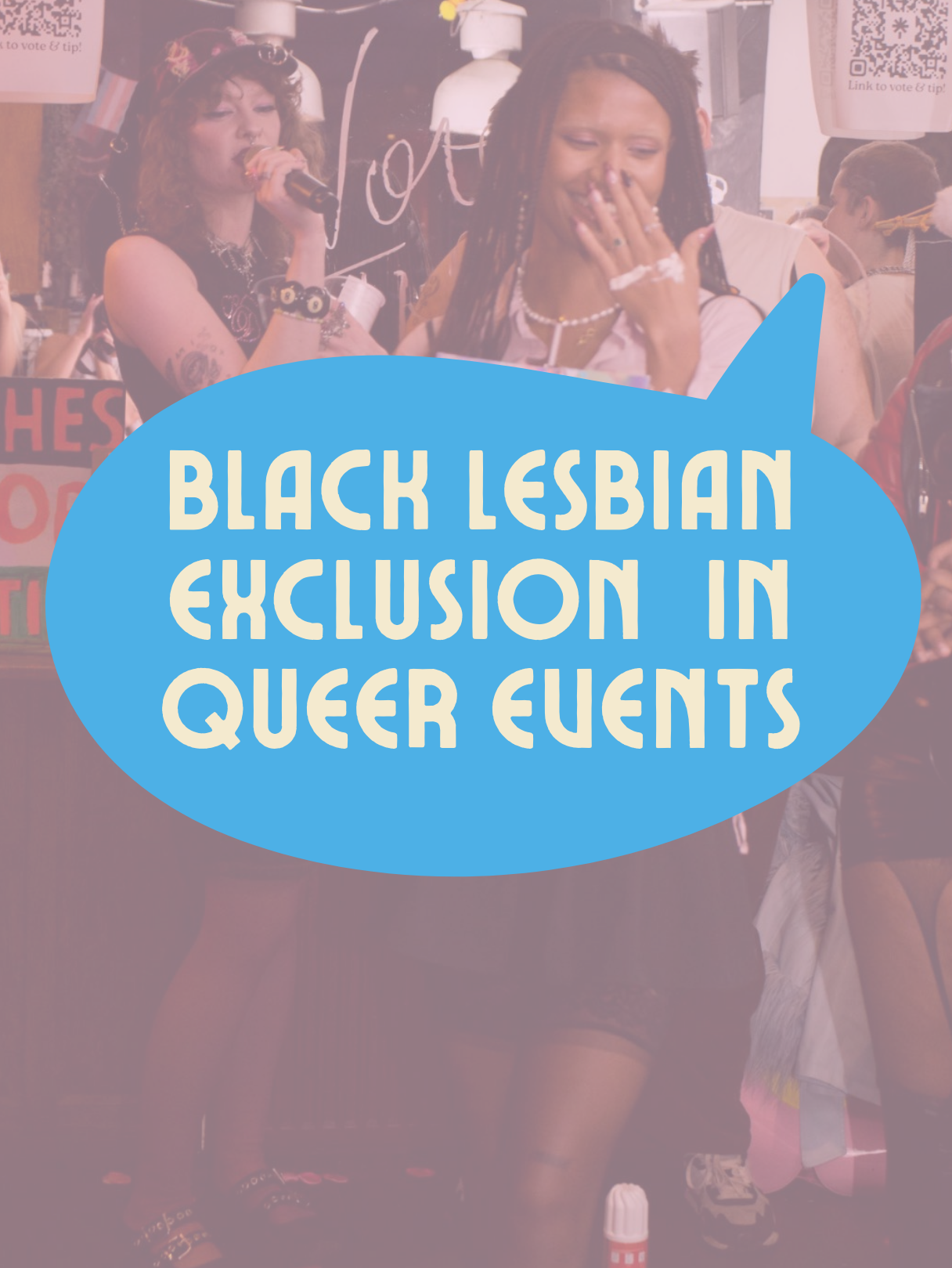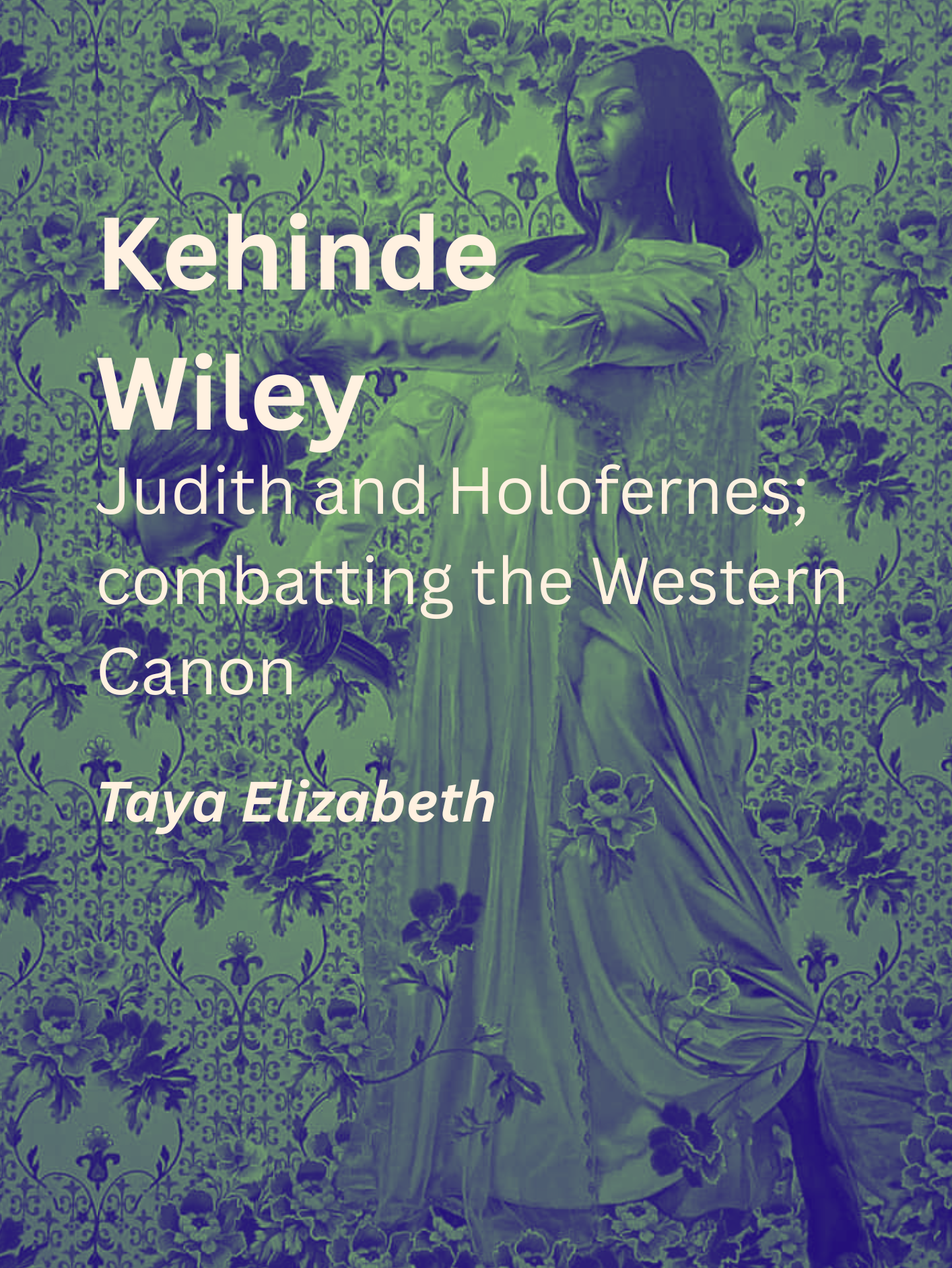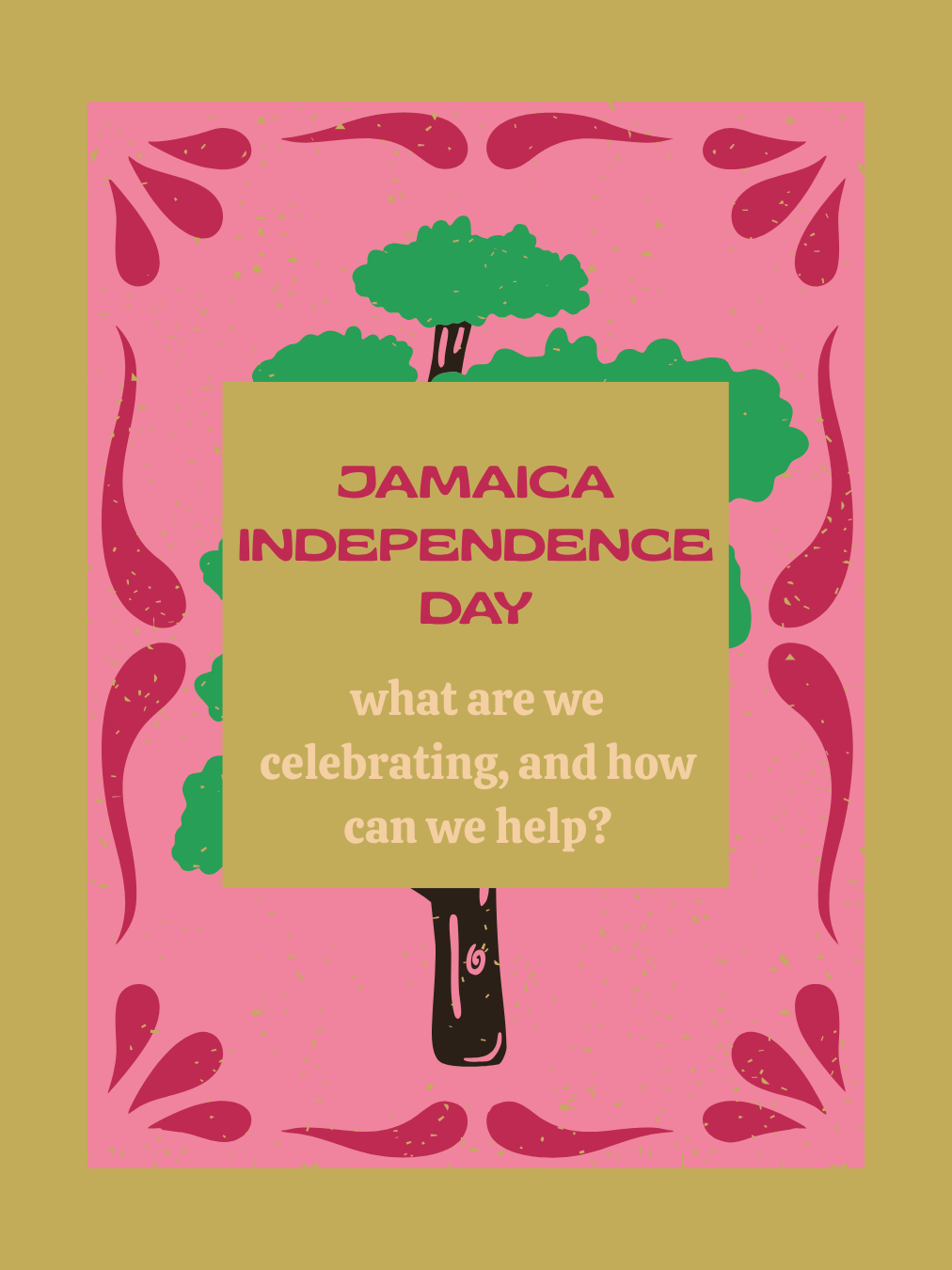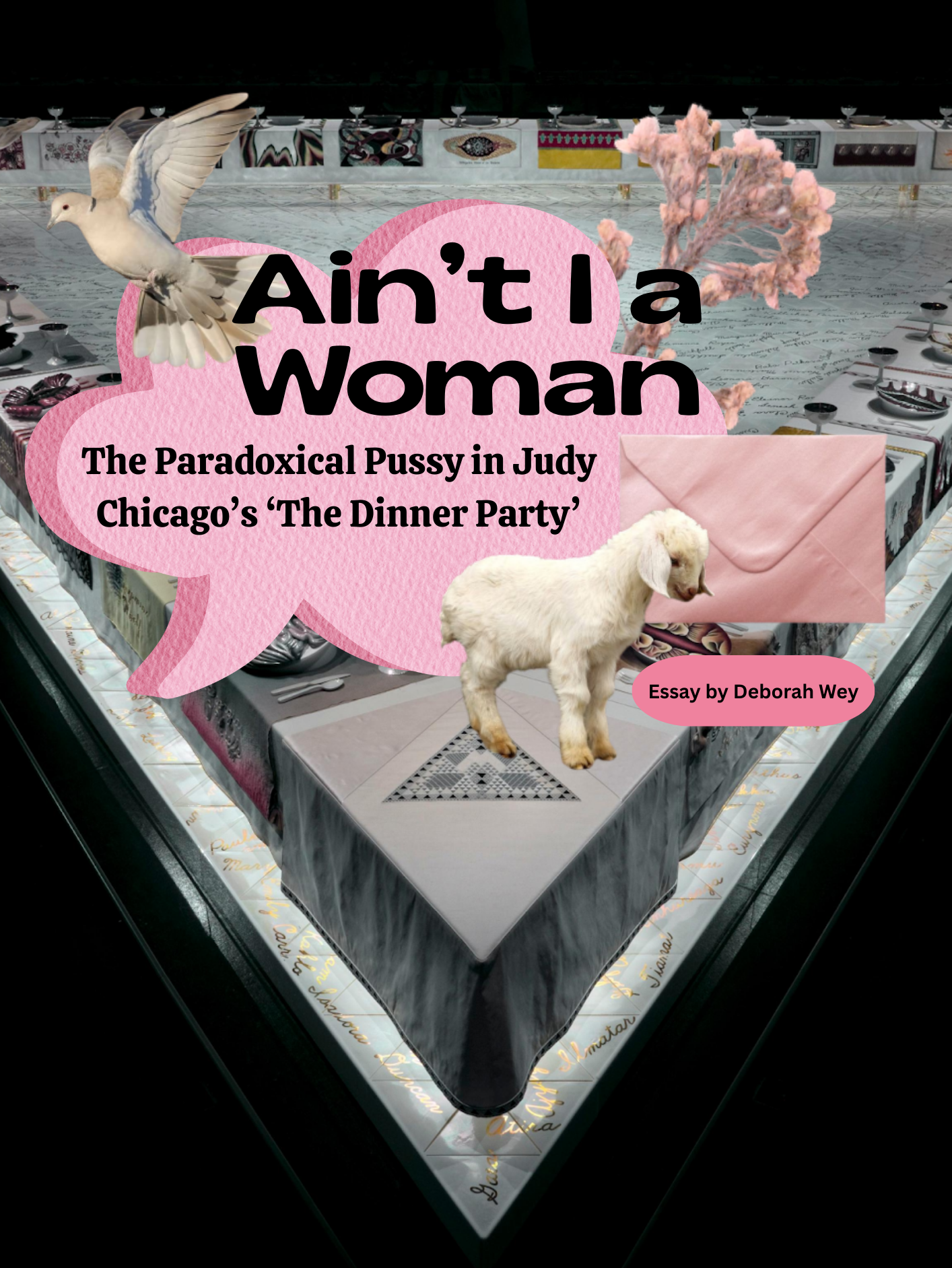There is a strange unsettlement that manifests itself in a life lived between identities. Teetering cautiously on the border between cultures; this existence creates a façade that is just enough to feel safe, but too far removed from each place to feel truly whole. For those of us living in diaspora communities, this feeling of rejection can become all-consuming when the place you have been tirelessly told to ‘go back to’, no longer lays in wait.
For those who have made the journey from their motherland, return can invite a displaced nostalgia. The deep desire to finally feel at home is met instead with new ‘foreign’ senses, where suddenly your accent has evolved, local colloquialisms have developed, and your home looks entirely different to the one you fall asleep thinking of. This is not to negate the deep solace that exists in the presence of your people and your past, but the expectation to meet the exact same fate you left behind simply does not ring true. Instead, you must speak quietly on public transport so that the tourist twang in your accent is not detected and overcharged. You must turn to those who remain as locals for fresh insights of what’s ‘in’ at the moment, only to realise your experience here may well be on its way ‘out’. It is at this point that the bated breath you had been holding to feel like your true self again, is released without a single ounce of relief.
My own experience as a second-generation immigrant, born in the UK, has taught me well on the grasp of this loneliness. For our generation, this solitude exists slightly differently, and from every angle imaginable. With my mixed-race heritage, I hold a number of identities. I am a half-Iranian, half-Scottish, British-born but that’s ‘Mixed Other’ to you, and it is impossible to imagine any place in which I would truly, wholeheartedly belong. Despite attempts to defiantly wear my minority status as a symbol of pride, oftentimes this comes with a persistent battle against those pesky feelings of inadequacy.
I live in Britain, was born in Britain, but know that I am unrecognised, unwanted, by many in Britain. I go to Scotland and am still too far removed to be given the nod of approval by my Glaswegian counterparts; my skin a little too dark and hair a little too coarse to quite fit the mould. And so, I lean towards my Iranian identity. But upon visiting Iran, I will once again become a foreigner. A tourist in my own land. The truth is that the dichotomy of belonging everywhere, and also nowhere, is loud and unforgiving. We are spoilt for choice in which existence we choose to embrace each day, and yet are met in each one with an implicit, polite guest pass.
There is a morbid confusion in this boomeranged existence. Guilt in distancing from a culture which I feel will never see me as one. Like recognises like, but like would not recognise me. Hope in instead turning to a culture where I do look the part, and largely feel like it too. Relief in finding a space that feels far more homely. Only to be met with the subsequent understanding that from whichever angle it comes, it will only ever come in part. Countless attempts to ignore the fast-paced conversations I cannot understand; the memories made back home which I will never relate to.
A concept called host hostility refers to the resentment which meets diaspora communities, attempting to close the door on cultural integration and instead lock us away with only our minority identity for company. A sizeable population inBritain has shown time and time again, through violence and outwardly discriminative policy, that a person’s place of birth nor their British passport holds any weight when it comes to determining their place in this country. This infuriation with anyone with just a little too much melanin in their skin, and a few too many seeds of ambition to make something of themselves sees these people as the enemy of Western progress.
Reluctantly, and I am sure entirely oppositional to the goals of such movements, this hostility grounds an interesting development in the feat to fit in. For diaspora generations who do not fall wholly into any one of their identities, this distinct difference draws a clear line in the sand between all others, and the majority, creating a new sense of comradeship. Shared experiences unite minority cultures and lead to realisations of similarity, where that long-sought feeling of belonging can actually be established in a much wider group. This combination begins to feel like a whole in itself, and through various friendships and relationships I have built between these communities, I have learnt that the frustrations that once felt so individual are actually entirely shared.
The truth is that identity is fluid in its conception, and need not fit into one rigid box that has been dictated to us by the customs we have grown up around, whether that be here or somewhere else altogether. Identity is based off personal attachments, and the ‘half’ placed before any of my own does not mean I should feel in any way ‘ousted’. I am Iranian, and Scottish, and British too, but in entirely my own way. These identities mean something very different to each individual to whom they belong, and the validity of your own stance need not be justified by its similarity to the next person’s.
The culture of immigration, specifically within the West, pushes an implicit instruction that you must shed your previous identity to fit in, or ever remain an outcast. We in solidarity hold the reins to remove this expectation. By branching between the many atoms of ‘othering’ we have become accustomed to, we can produce a new society. One that exists in the myriads of spaces between that anxious middle ground of living, and each person to which it affects. I excel in this place. With my people, and our cultures, in a space that is entirely our own.
We find ourselves in finding each other.
Find more of Parisa's work at POETRY ZENDEGI on Substack




